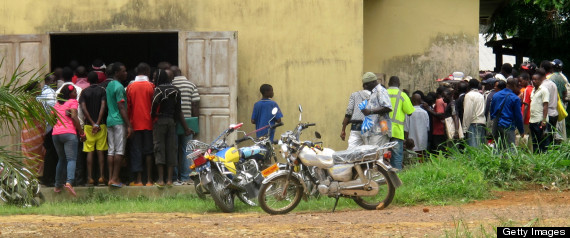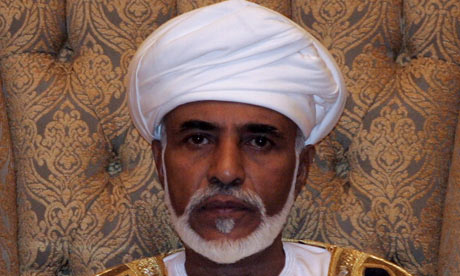By Hannah Stewart
Impunity Watch Reporter, Africa
THE HAGUE, Netherlands — Congolese warlord Bosco Ntaganda was taken from the American Embassy in Kigali, Rwanda on Friday and placed on a flight to The Hague, where he faces charges in the International Criminal Court (ICC).

The litany of charges includes ten counts of war crimes and crimes against humanity, accusing him of conscripting and using child soldiers, using rape as a weapon of war, keeping women as sex slaves, and massacring at least 800 people in 2002 and 2003.
Ntaganda, whose nickname is “The Terminator” for his ruthless nature in battle, became a symbol of impunity in Africa in the last decade.
He shocked the international community when he entered the embassy on Monday, removed his disguise, and asked to be sent to the ICC. The Court said it “was the first time that a suspect has surrendered himself voluntarily to be in the ICC’s custody.”
Since Monday, the United States has urged Rwanda to help facilitate Ntaganda’s passage to The Hague. However, Rwanda and the United States are not parties to the Rome Statute, and therefore neither country is a member of the ICC. Nevertheless the United States says it supports the Court’s work.
As such, Rwanda’s President Paul Kagame publicly stated his support for Ntaganda’s expeditious transfer to the ICC.
The ICC first indicted Ntaganda in 2006 for conscripting and using child soldiers during a 2002-2003 Congo conflict. A second indictment, issued July 2012, accused him of a range of crimes including murder, ethnic persecution and rape.
Despite these indictments, Ntaganda joined the Congolese army in 2009 pursuant to a peace deal that allowed for him and his men to integrate into the military. As a result, he lived freely in the North Kivu capital of Goma. He often dined in top restaurants and played tennis, seemingly without fear of arrest.
Reports state that last year, when the agreement between Ntaganda and the Congolese government deteriorated, he and his troops defected. His faction became known as “M23,” battling Congolese government troops in the country’s mineral-rich east.
While unconfirmed, it is believed that Ntaganda surrendered due to recent vulnerability. Reports state that the M23 rebel fractured into two parts last month over the decision to bow to international pressure and withdraw from Goma late last year. Ntaganda and Jean-Marie Runiga, opposed the retreat. However, another rebel leader, Sultani Makenga, ordered the retreat and initiated peace talks with the Congo government.
Some speculate that Rwanda’s cooperation in Ntaganda’s transfer may come at a cost. His testimony before the ICC could potentially reveal details of Rwanda’s alleged support for M23 during the Congo conflict.
“This is a good day for victims in the [Democratic Republic of the Congo] and for international justice,” said Fatou Bensouda, the prosecutor at the ICC. Likewise, U.S. Secretary of State John Kerry called the transfer “an important moment for all who believe in justice and accountability.”
On Friday afternoon, the Court said in an e-mail that Ntaganda was “in the ICC’s custody.”
To learn more about Ntaganda’s crimes in interviews with his victims, please watch this short video uploaded by the Washington Post: “A Powerful Video on War Criminal Ntaganda”
For more information, please see:
AP News – International Court Detains Rwandan-Born Warlord – 22 March 2013
BBC – Bosco Ntaganda: Kagame Promises to Help Transfer to ICC – 22 March 2013
The Economist (blog) – A Surprising Surrender – 22 March 2013
The New York Times – War Crimes Suspect Leaves Congo for The Hague – 22 March 2013



